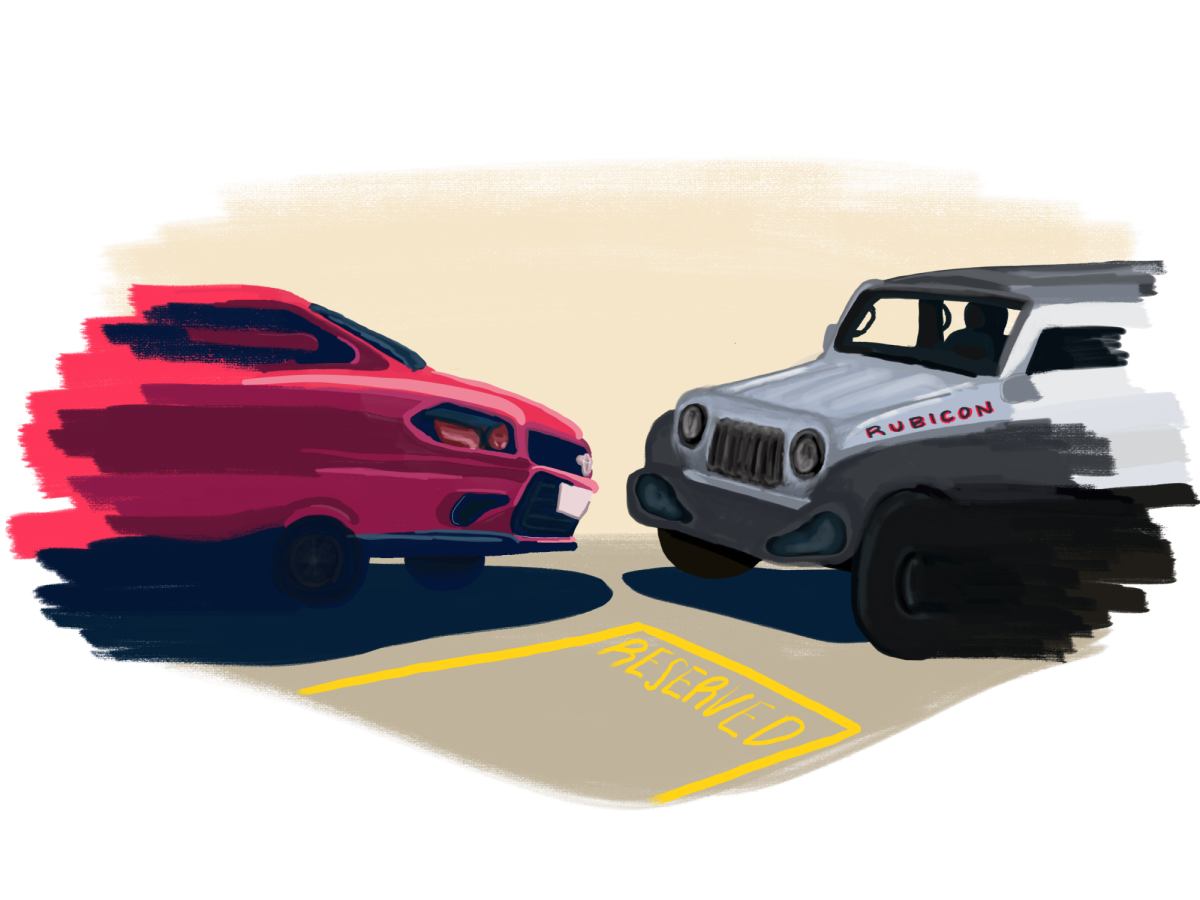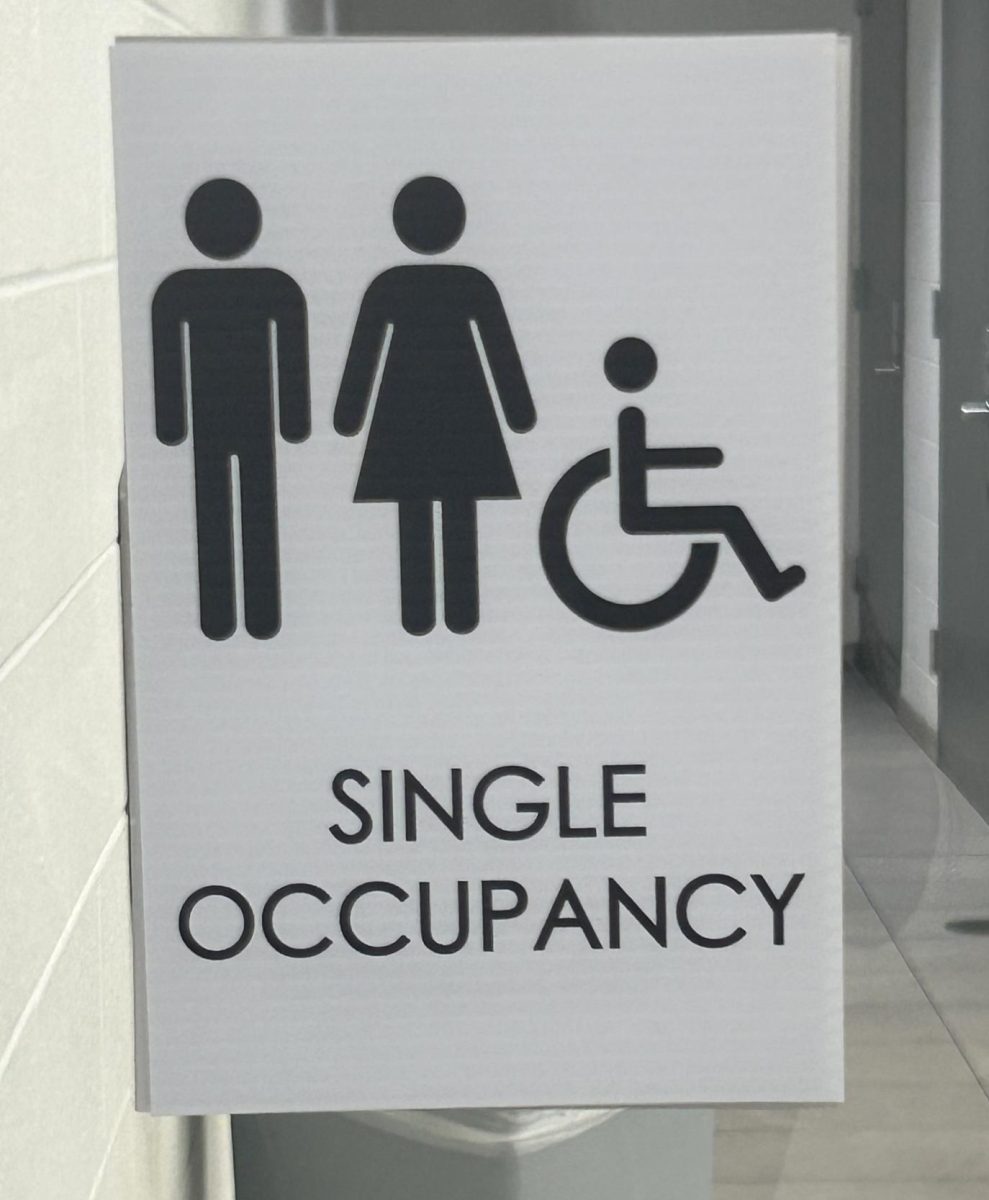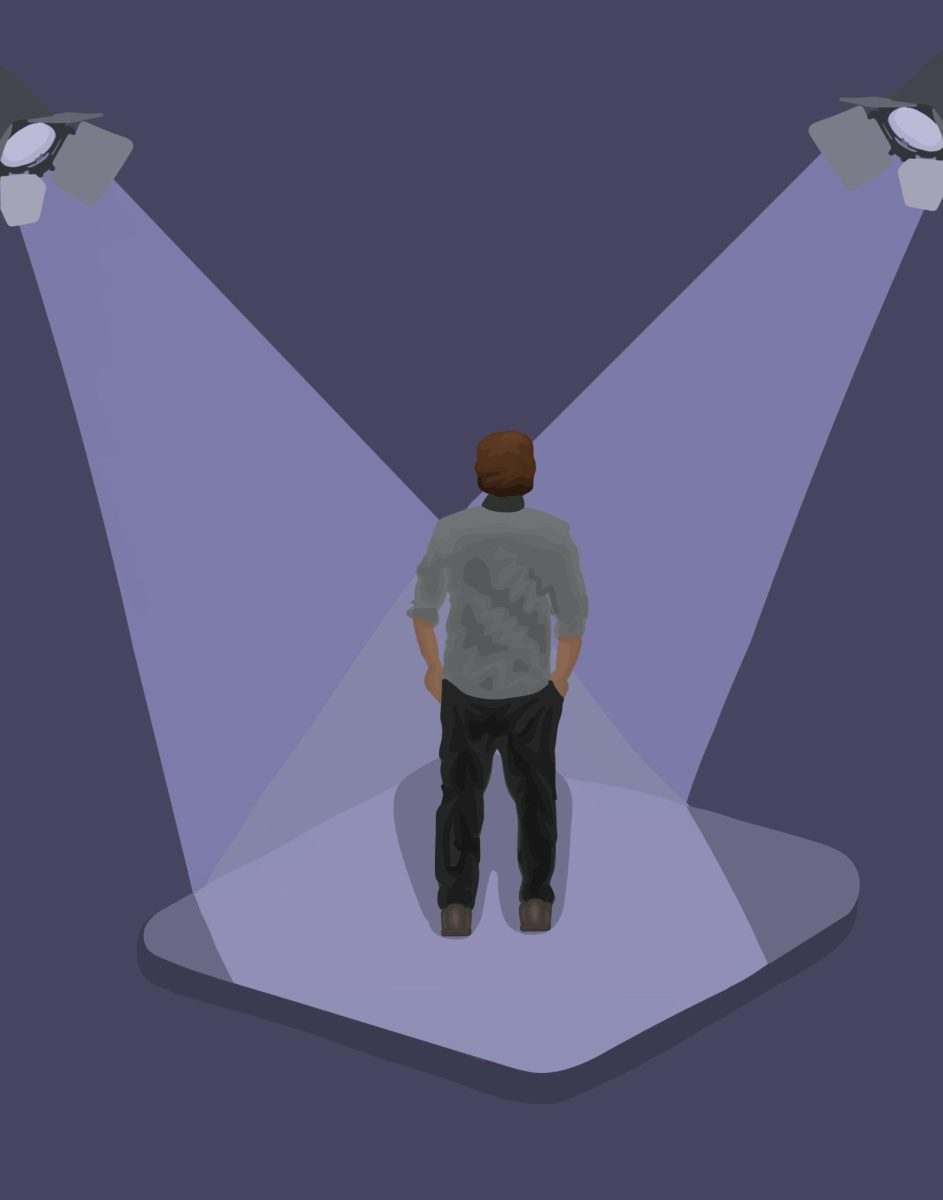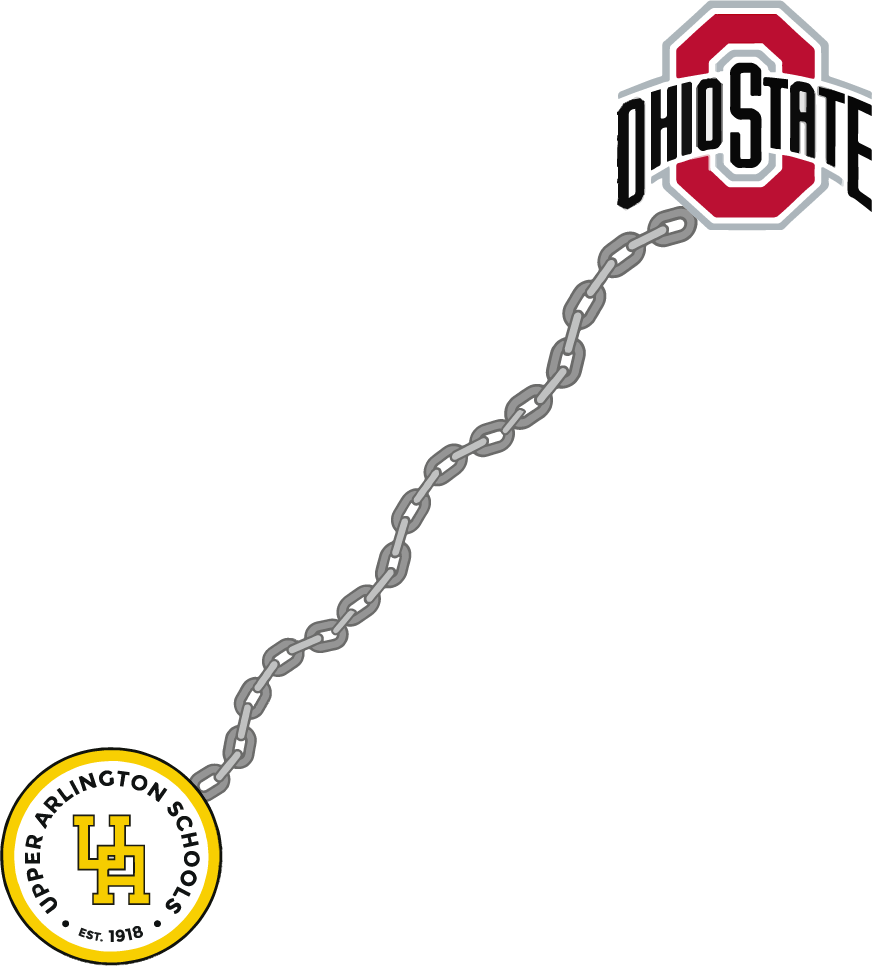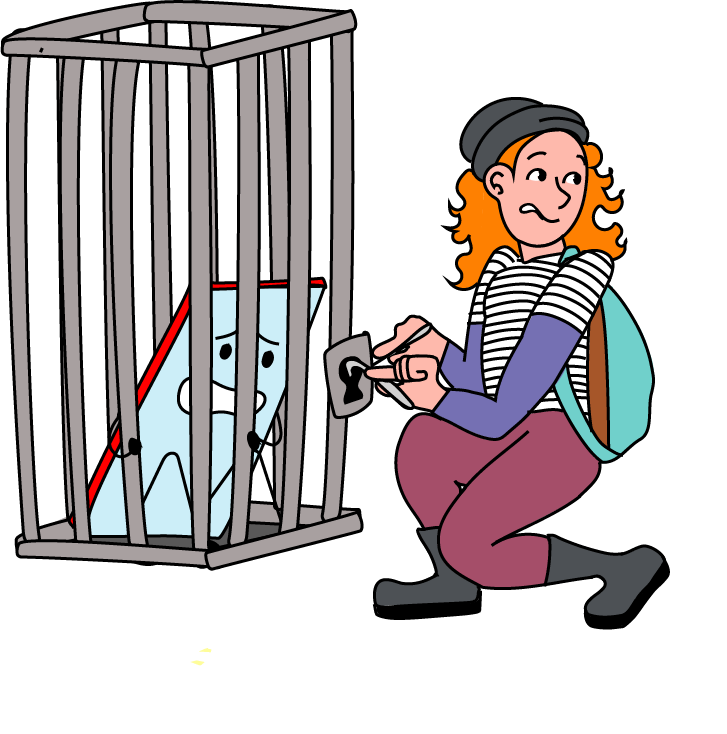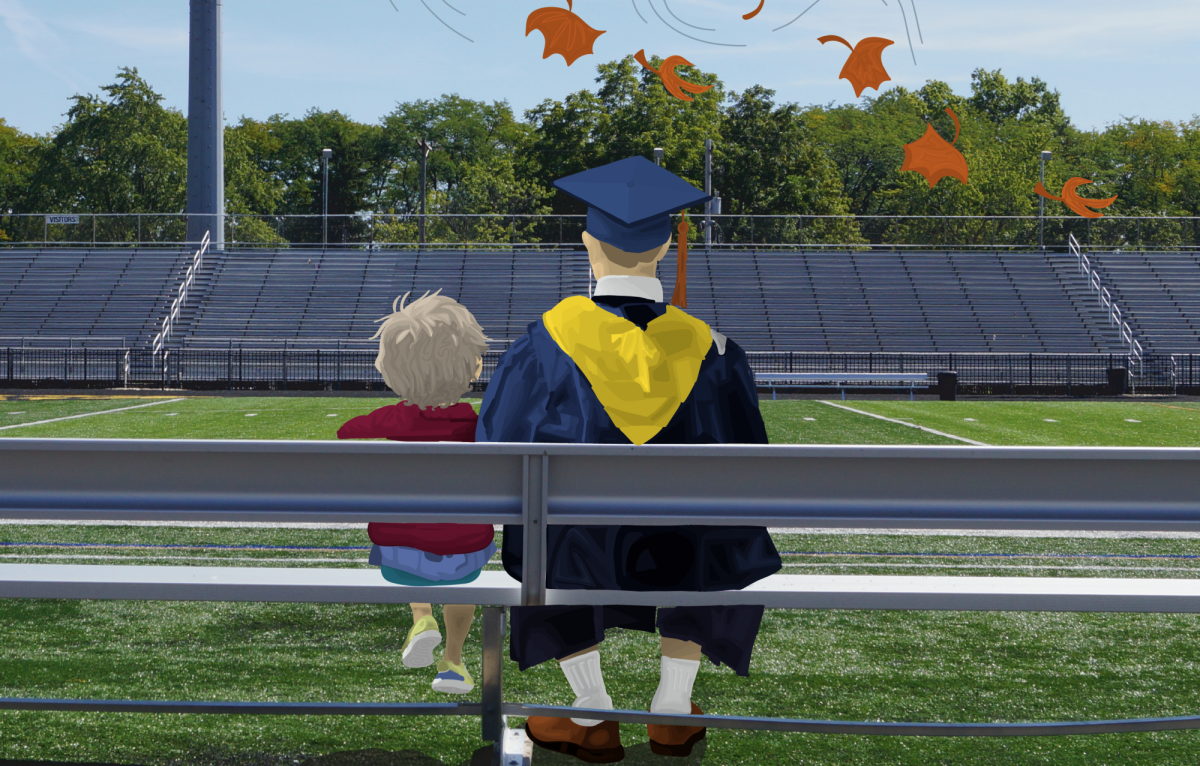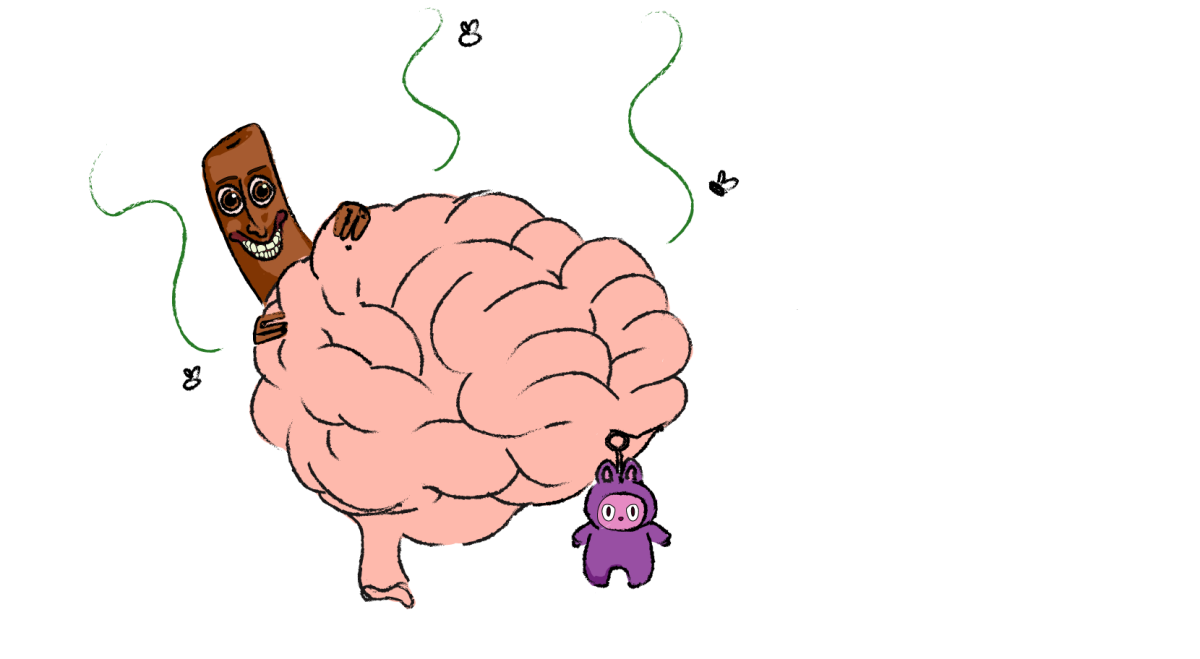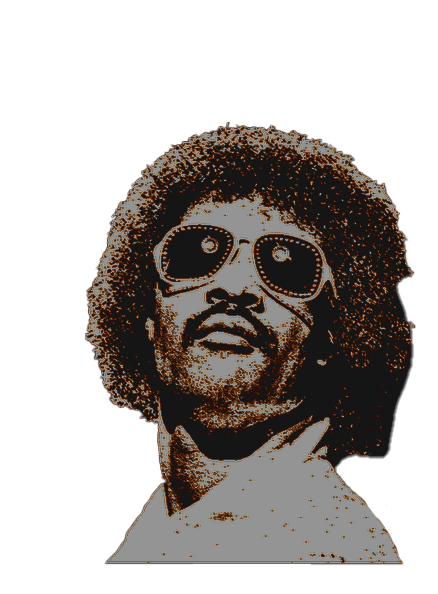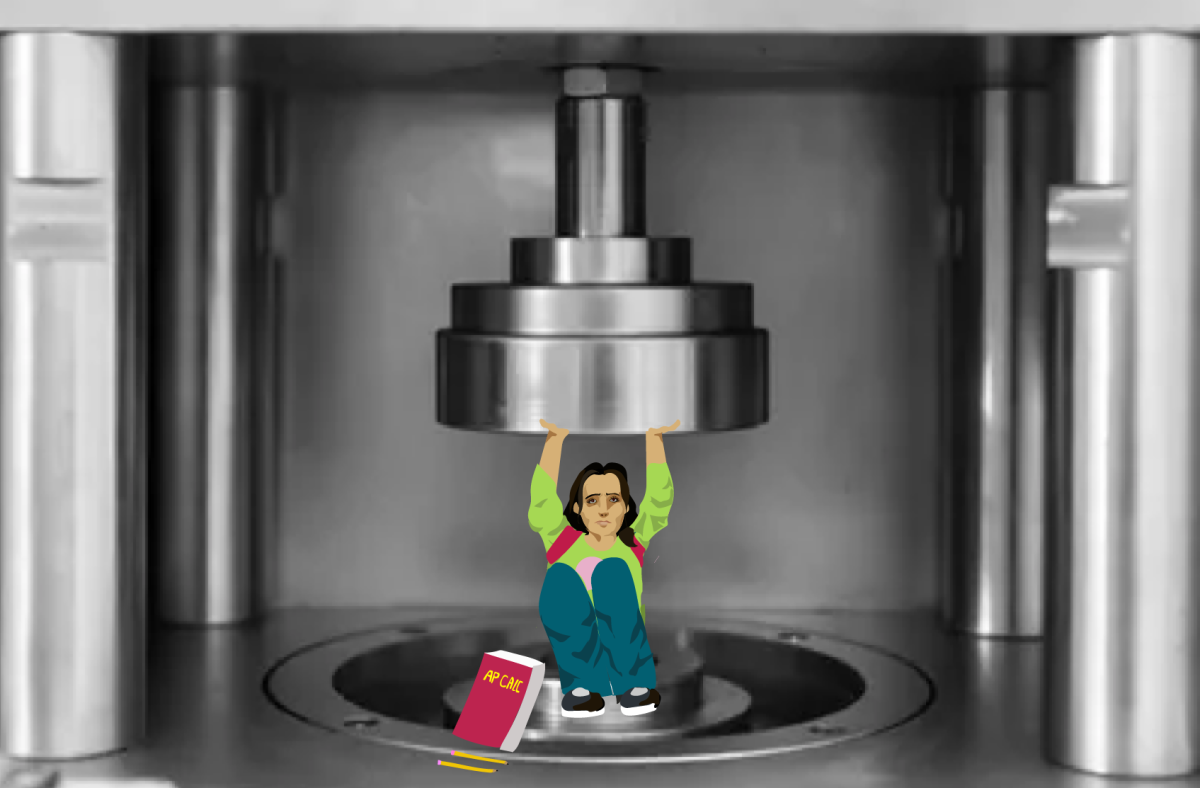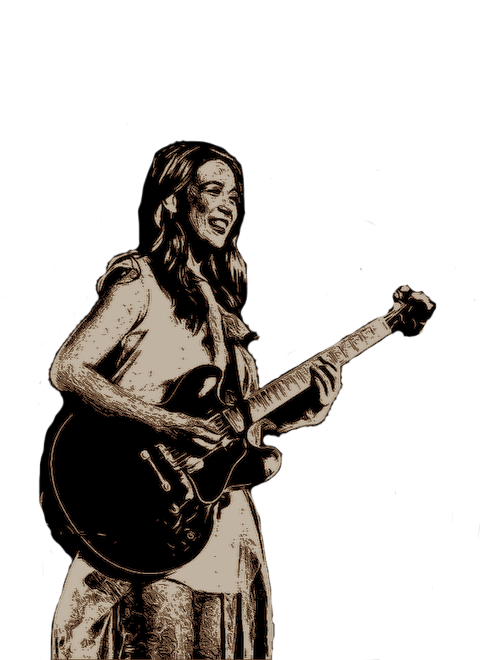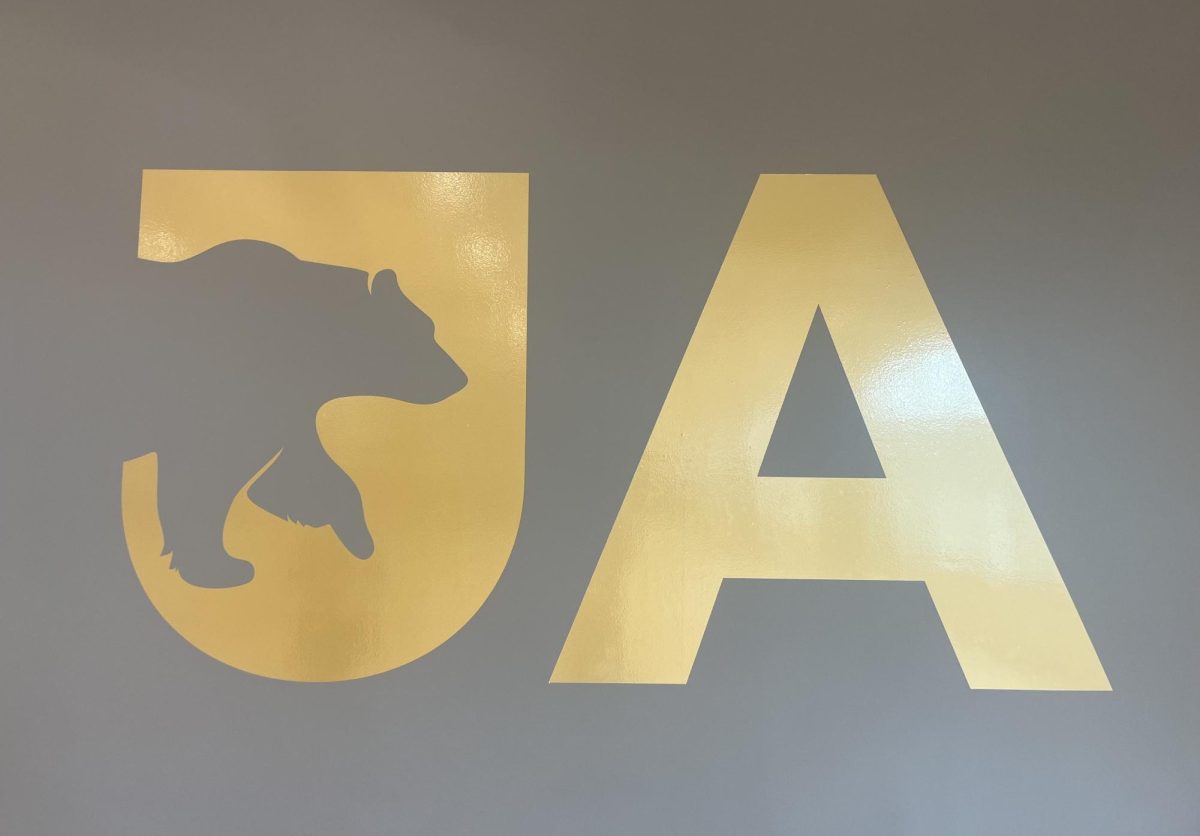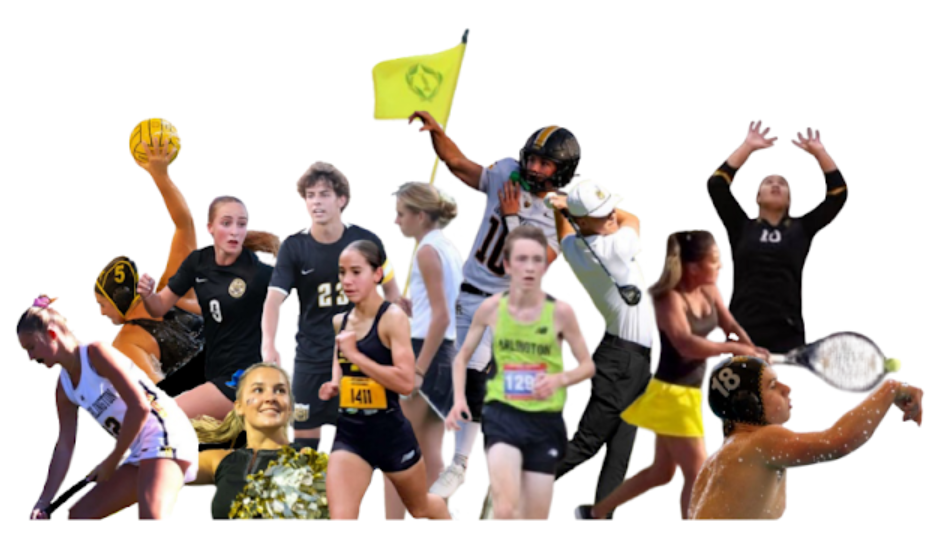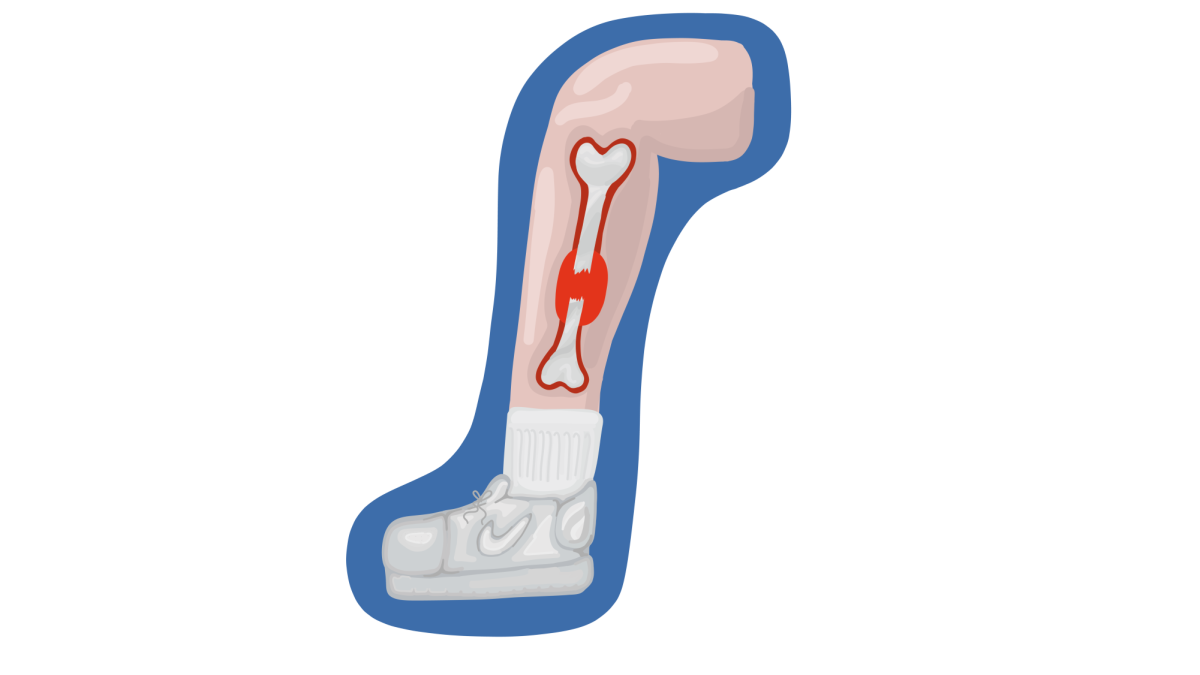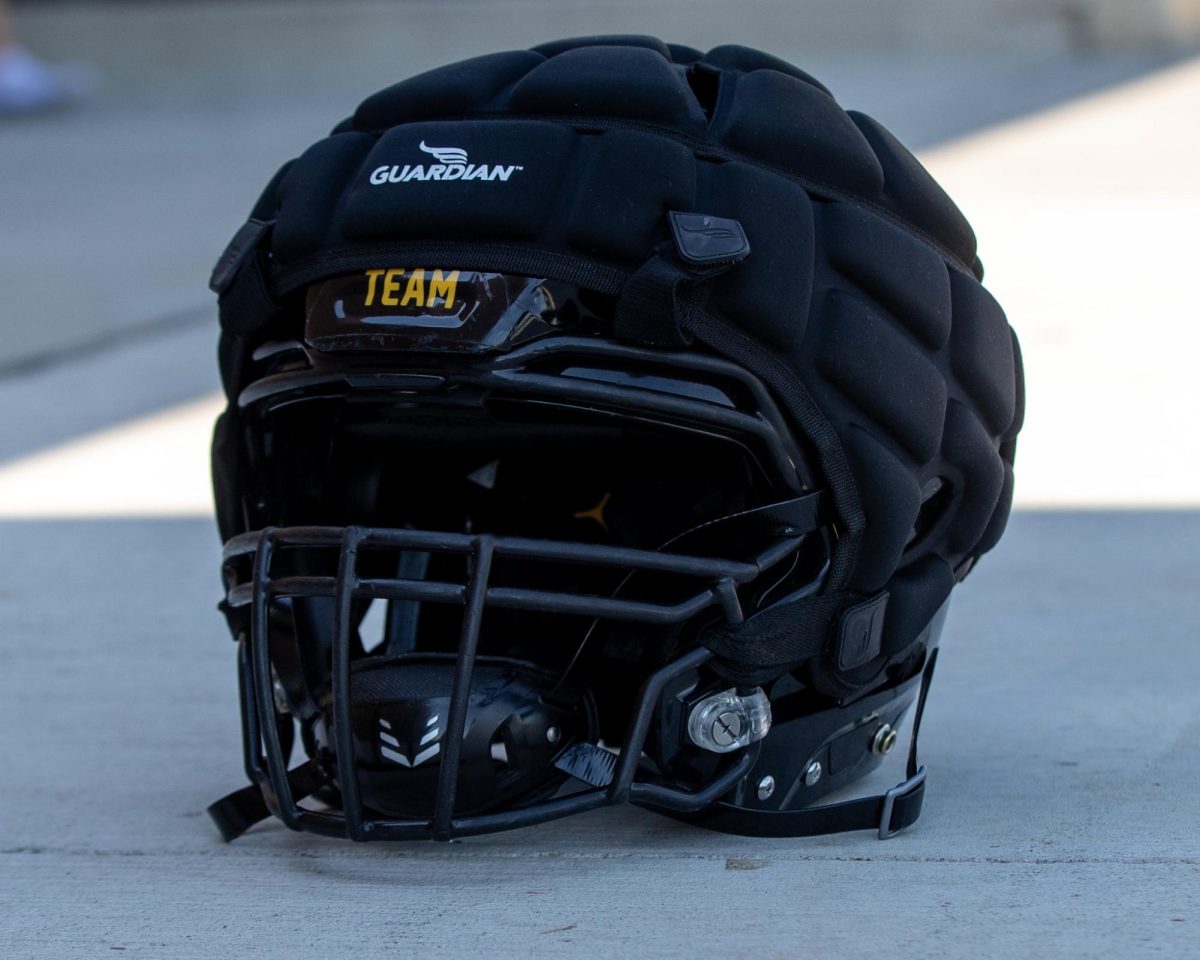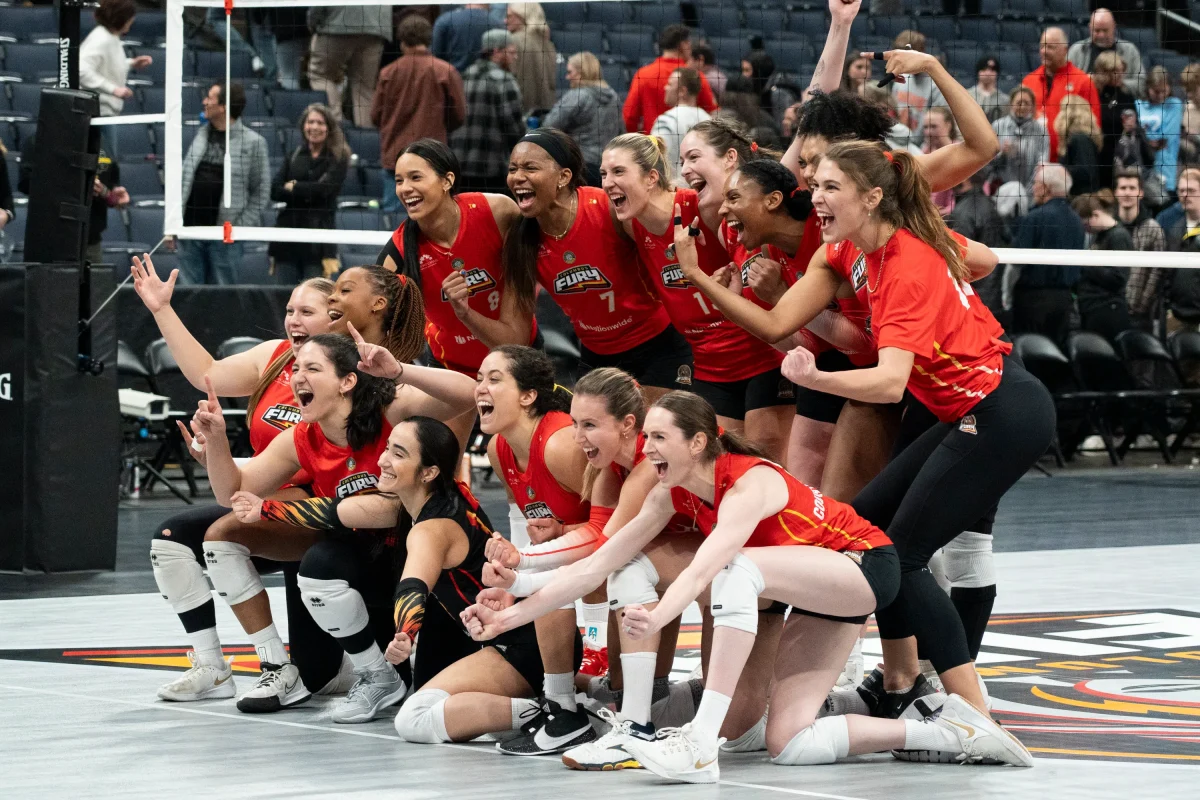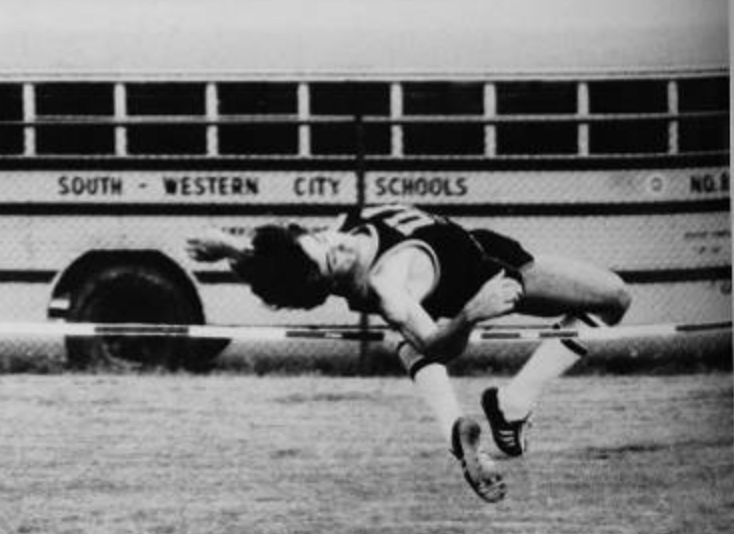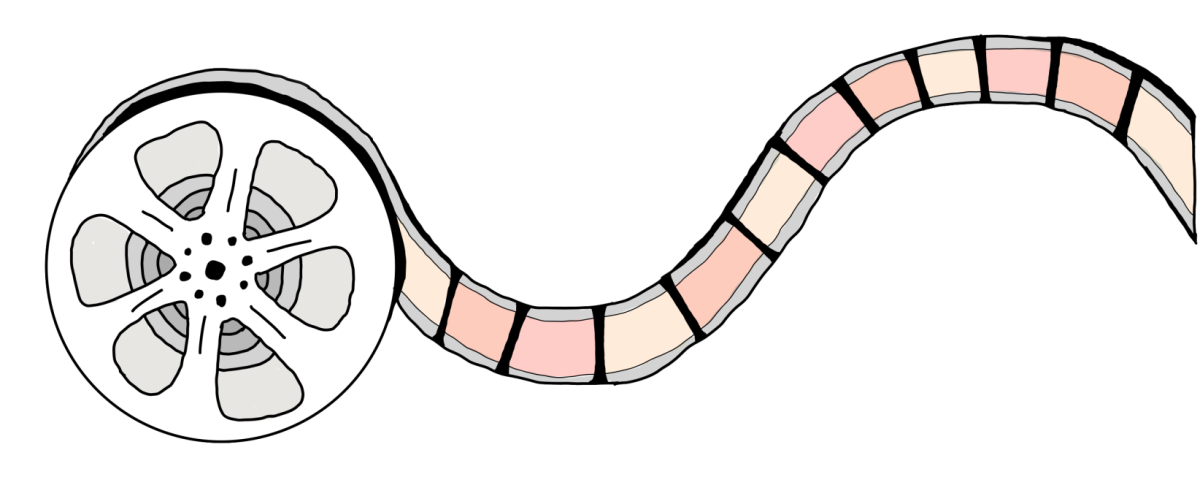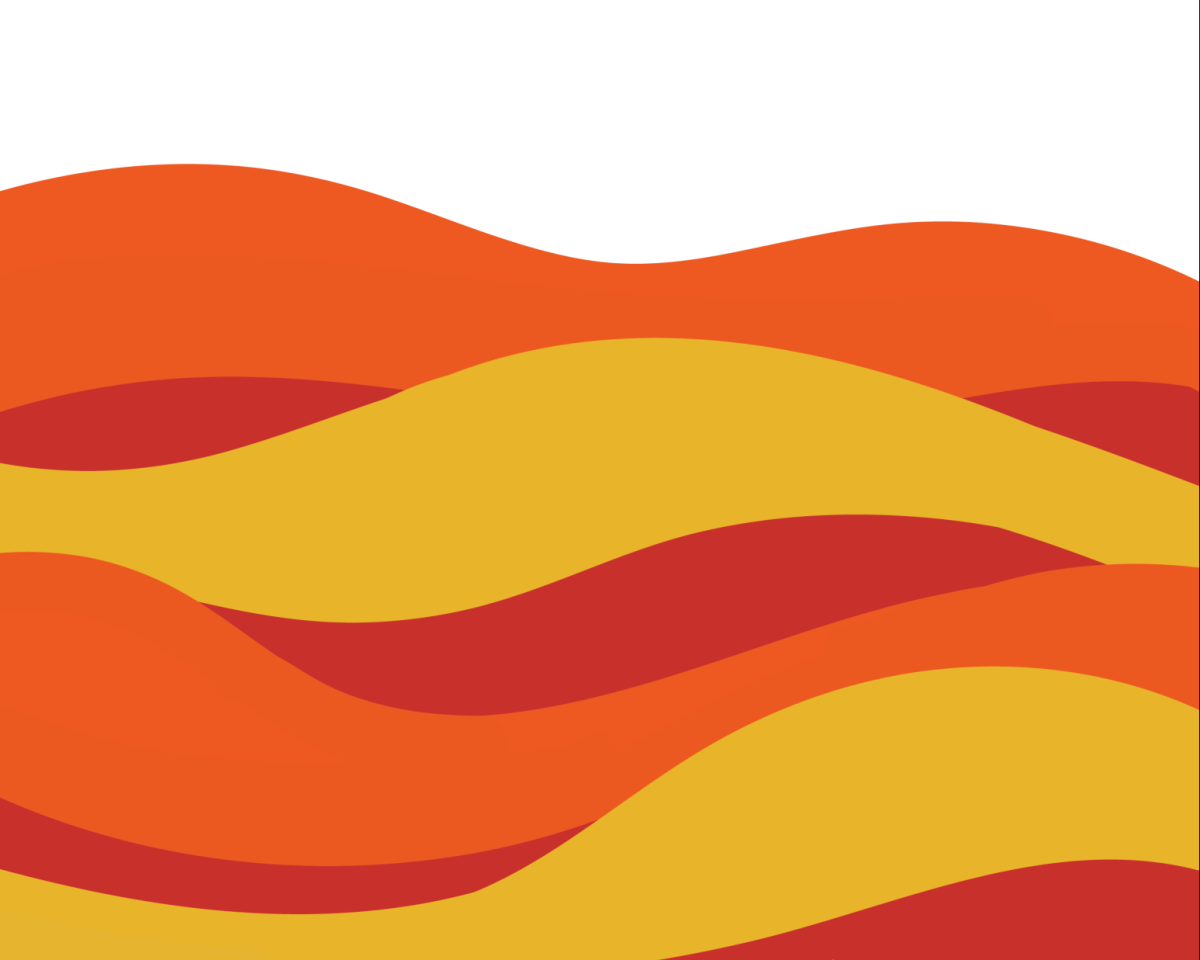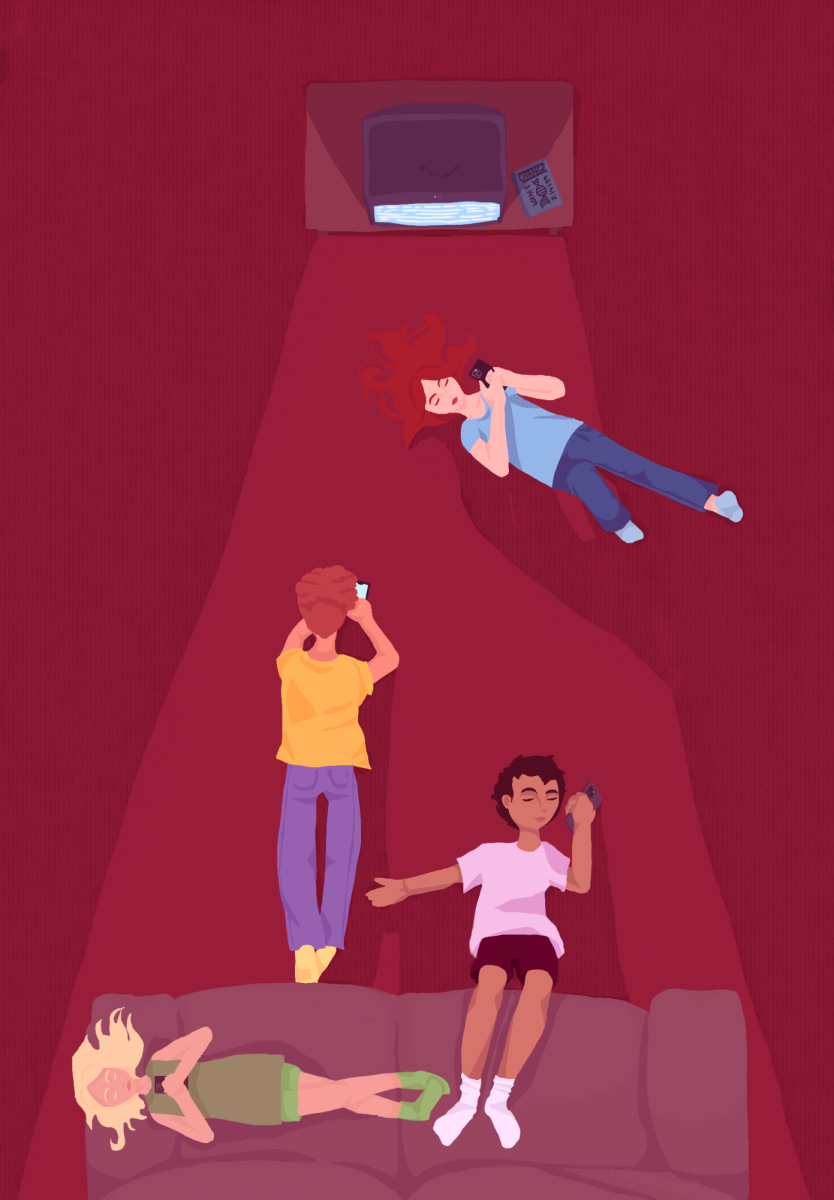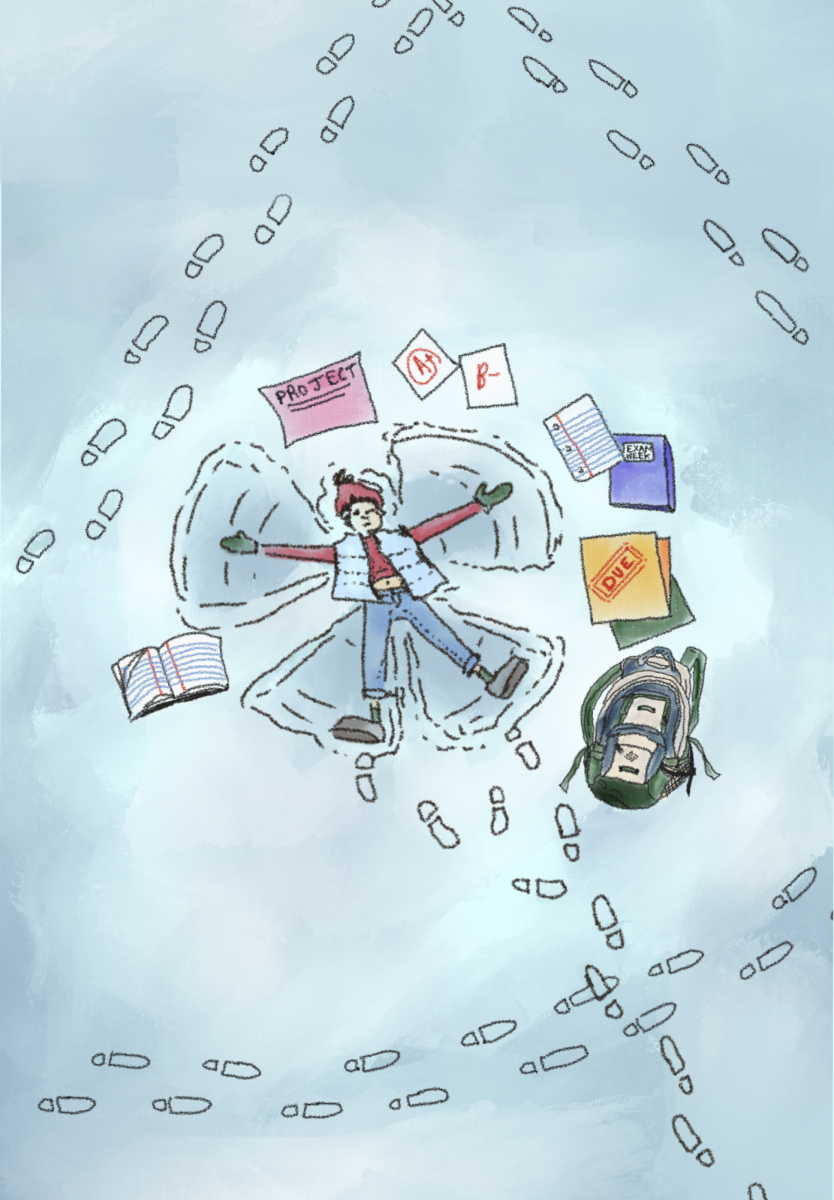Sitting in his small town church as a kid, Lieutenant Dave Wheeler watched as the volunteer firefighters leapt out of the pews at the sound of their pagers.
“I always thought it was so neat that when there was an immediate need, that these people would jump up and run to go help somebody,” Wheeler said.
Following college graduation, Wheeler decided to try out firefighting. As a firefighter paramedic, each 24-hour shift is unique. It’s this variety that helps to keep Wheeler on his toes.
“We never know the types of emergencies we’re going to go to. Sometimes we go to ones that are a little more minor, sometimes we go to ones that are devastating,” Wheeler said. “The variety in our day is really what keeps things interesting.”
Among those many calls to the Upper Arlington Fire Department (UAFD) are older citizens in need of assistance after a fall.
Walking into a home following a call, the team addresses the immediate needs of the individual, establishing whether or not they are injured and how they can best be cared for in the moment.
“Ultimately, we want to prevent them from getting injured. So if we see unsafe conditions that we could correct right then and there, we will,” Wheeler said.
Accepting help can be scary for anyone, especially people in older populations who feel that they may lose their independence. It can be difficult to come to the realization that a person might have overestimated their abilities. To ease the minds of the older population, Wheeler does his best to explain the goals of the UAFD to them.
“I think taking the approach where you say, ‘We’re trying to help you stay independent as long as you possibly can.’ I feel like that resonates with people,” Wheeler said.
Following an initial assessment of their surroundings, first responders are able to make a referral to the Fire Department’s very own U.A. C.A.R.E.S. (Upper Arlington Community Assistance Referrals and Education Services) Program if they feel that an individual is at risk of losing their independence.
After working with the program for seven years, Christine Leyshon filled the position of program manager and service coordinator in 2019. Her initial role in the program was to fill a social service component within the Fire Division.
“When I first heard about the work in the fire division I was in, [I was] like, ‘Oh my gosh, how cool, what a neat thing!’” Leyshon said. “You’ve never heard of that before. There’s a social worker person working at a fire station!’”
Over the past ten years, the growth of the program has been a model for other communities around the country.
“We often get requests from fire departments in Ohio, even Kansas City, Missouri. We talked with that group last week,” Leyshon said.
Beyond trailblazing, advocacy efforts at a state level are made by the U.A. C.A.R.E.S. team by working with the Ohio Fire Chiefs Association (OFCA).
“We are really committed to moving forward legislation that’s going to help solidify what community paramedicine means in Ohio,” Leyshon said.
Taking a multi-layer approach is a large goal of the program, much effort is made to collaborate with residents’ health care teams.
Support for people who want to age in place can look as simple as installing grab bars, having conversations about home modifications, and getting additional assistance in the home. Since 2018, the U.A. C.A.R.E.S. program has installed over 1100 grab bars for over 375 households across Upper Arlington. As a program, the importance of not taking the place of an entire healthcare agency is managed by using referrals.
“I fully believe in making referrals. I’ve learned in my profession, it’s not about me and what I can help fix, it’s how I can connect them and get a sustainable system in place for them. I fully believe in that,” Leyshon said.
Leyshon presses the importance for high schoolers to know their neighbors, and their next call.
“U.A. C.A.R.E.S. can be that next call. If you’re a high school student encountering a situation [where] you’re not quite sure what to do…that doesn’t always mean you have to do everything yourself, educate yourself on the community resources available. As a student that might be connecting with a school counselor or someone at the school, as a community member, it may be calling U.A. C.A.R.E.S.,” Leyshon said.
As Community Educator for the Alzheimer’s Association and member of the Ohio Advisory Council for Aging, Lori Wengerd understands and recognizes the struggles of older adults first hand. Apart from acceptance, one of the biggest challenges for homecare and elder assistance is the cost.
“People are living longer than ever, and they may retire at the age of 65 and live until 95. That’s 30 years that they have to be able to support themselves and meet their needs, and then additional services as they age,” Wengerd said.
There is no set definition for what it means to ‘age well’; each individual has their own idea of what they want. There are many options for people who want to remain more independent in their own home.
“It really depends on the situation, what the older adult wants and what the family can do, and of course what they can afford. There is no right or wrong answer, and it’s very important for us, as we age, to not just think about what we want, but to have those conversations with people so that our loved ones know what we want when we’re older,” Wengerd said.
Oftentimes, family members take on the role of caretakers for elders as they begin to lose independence and mobility. Before taking on this commitment, Wengerd mentioned the importance of evaluating the capacity a family has to play this role in an elders life.
“Decide if that is something that is in your wheelhouse, if that is something you can handle. If you can’t, there’s no shame in saying ‘I need outside help’,” Wengerd said.
Separating abilities and demands as a caretaker is important to not be consumed by the needs of an elder.
“You don’t have to be a hero, do what you can. There is a statistic that says 60% of all caregivers die before the person they’re caring for,” Wengerd said. “You’ve got to make sure that you stay healthy, that you have a break, you’re asking other people for help. Or else you’re going to end up in a worse position than they are in, people don’t believe it until it happens.”

